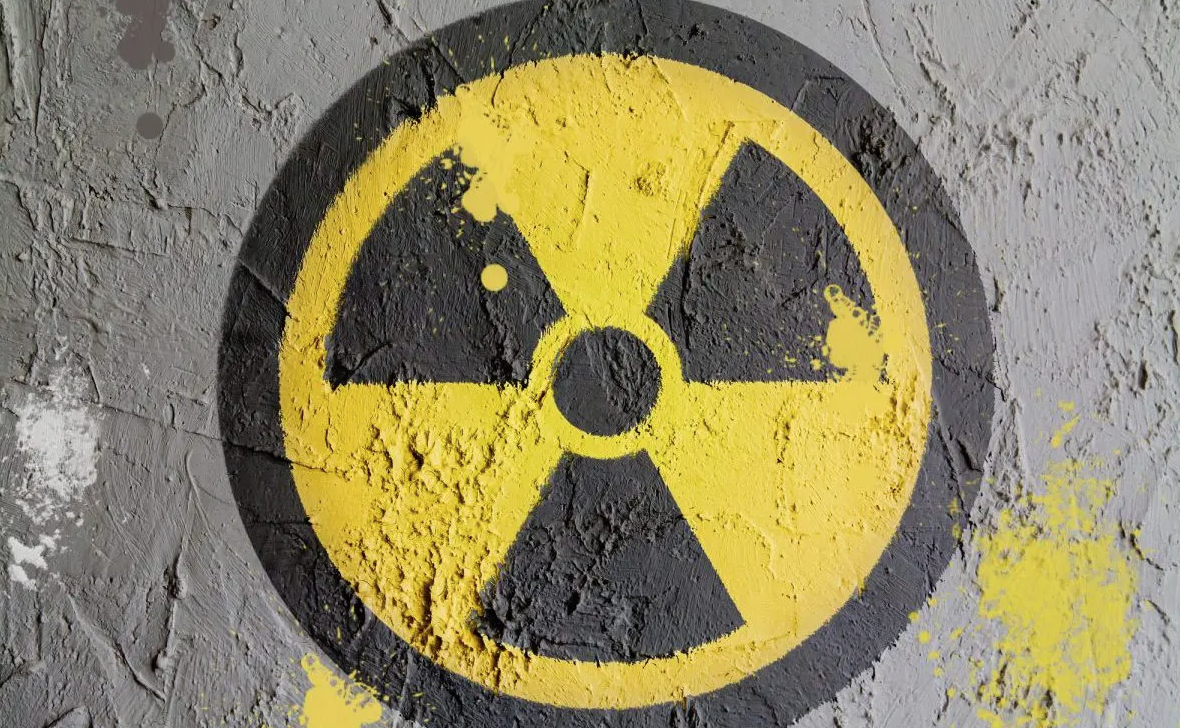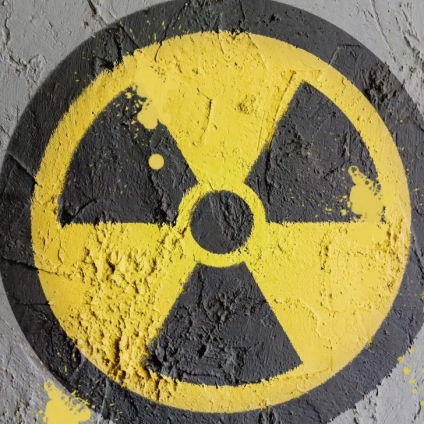The two plants in Neckarwestheim in Baden-Württemberg and Isar 2 in Bavaria will be shut down. Emsland power plant in Lower Saxony closed at the end of 2022, another 3 plants had been stopped a year earlier
April 15 ends the 4-month extension granted to nuclear power in Germany after the deadline of 31 December 2022
(sustainabilityenvironment.com) – After 62 years, Berlin really writes the word end to nuclear power plants in Germany. The date for the definitive stop is Saturday, April 15, 4 months after the deadline set years ago by Angela Merkel in the aftermath of the anti-nuclear demonstrations for the Fukushima disaster. A choice that the current government, of which the Greens are part, has taken to keep a reserve card in case of serious energy crisis due to the war in Ukraine and the farewell to Russian gas.
How much was the last nuclear in Germany?
The last German nuclear reactors fed 70 GWh per day into the grid, covering about 3-7% of German electricity demand. There are two plants: the Neckarwestheim nuclear power plant in Baden-Württemberg and the Isar 2 nuclear power plant in Bavaria. The first site includes 1 active PWR reactor (the 2 system is already off) for a total of 1.4 GW of installed capacity. Isar 2, which came into operation in 1988 like the previous one, still has an active PWR reactor that produces 1,485 GW.
These nuclear power plants have continued to operate under emergency conditions since 1 January 2023. But the political agreement to keep them in operation provided for a stop to the supply of nuclear fuel rods: a way, for the Greens, to make sure that no further delays on the definitive stop to nuclear power in Germany were possible. The Emsland power plant in Lower Saxony, the 3 system still in operation in 2022, closed as scheduled in December last year.
“Phasing-out is above all a final entry: into a secure and low-risk, affordable and clean energy supply – in the age of renewables,” commented party leader de Verdi Ricarda Lang. And to the (many) critics of this choice, who fear that the farewell to the atom in this juncture is only a favor to coal and gas, replies the Minister of Economy and Environment Robert Habeck: “Energy security has been achieved during the last difficult winter and will continue in the future”.













